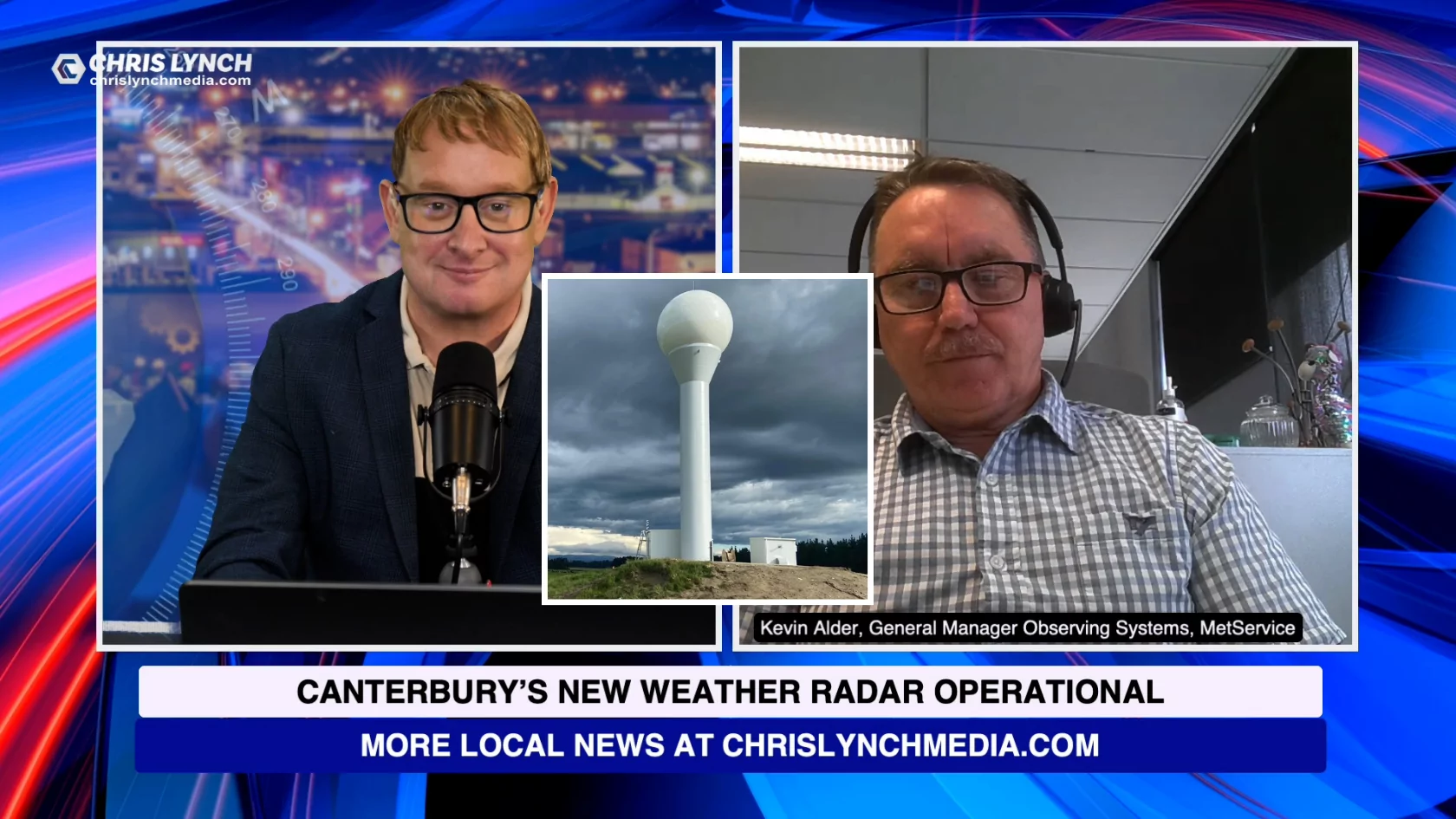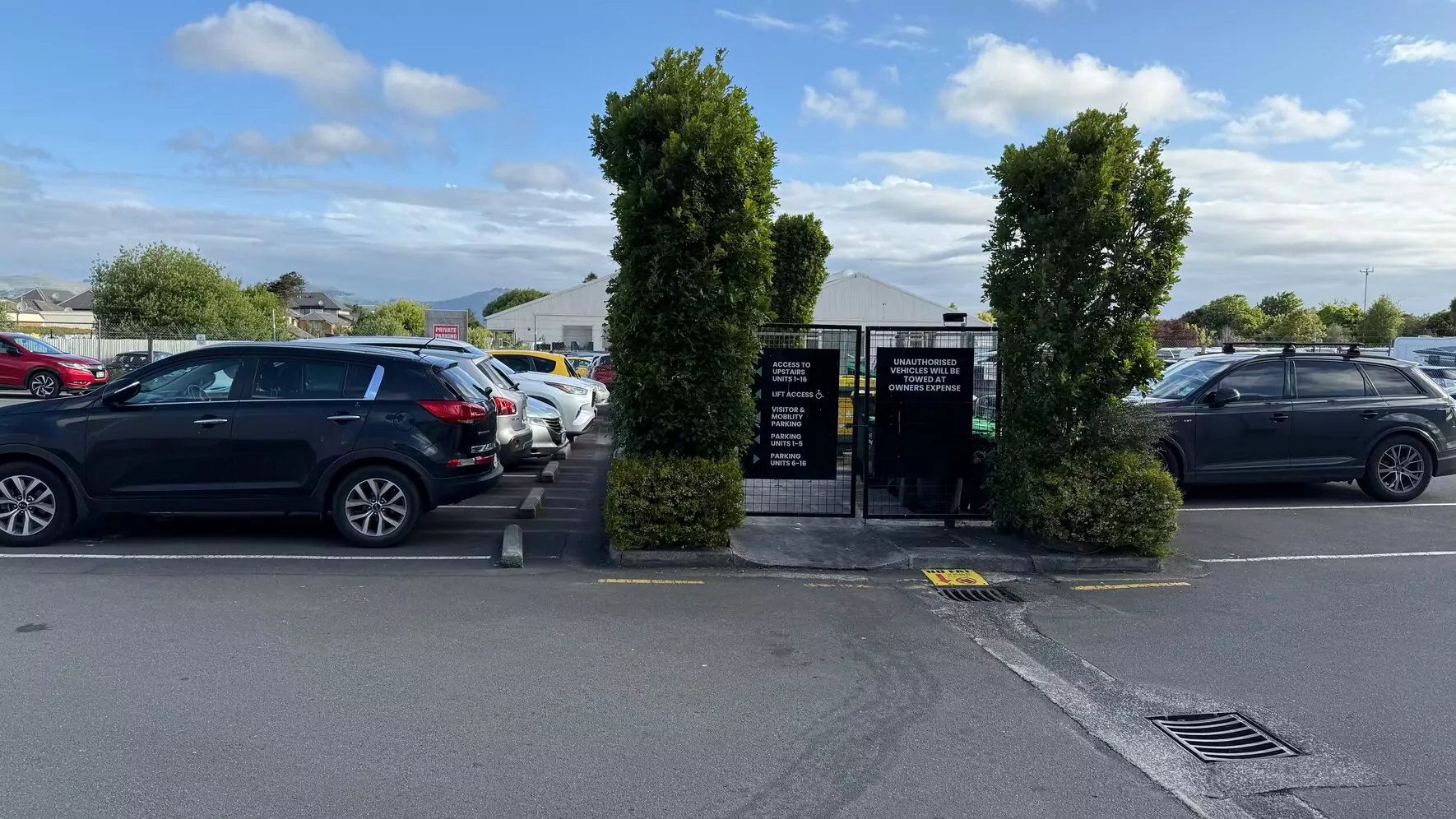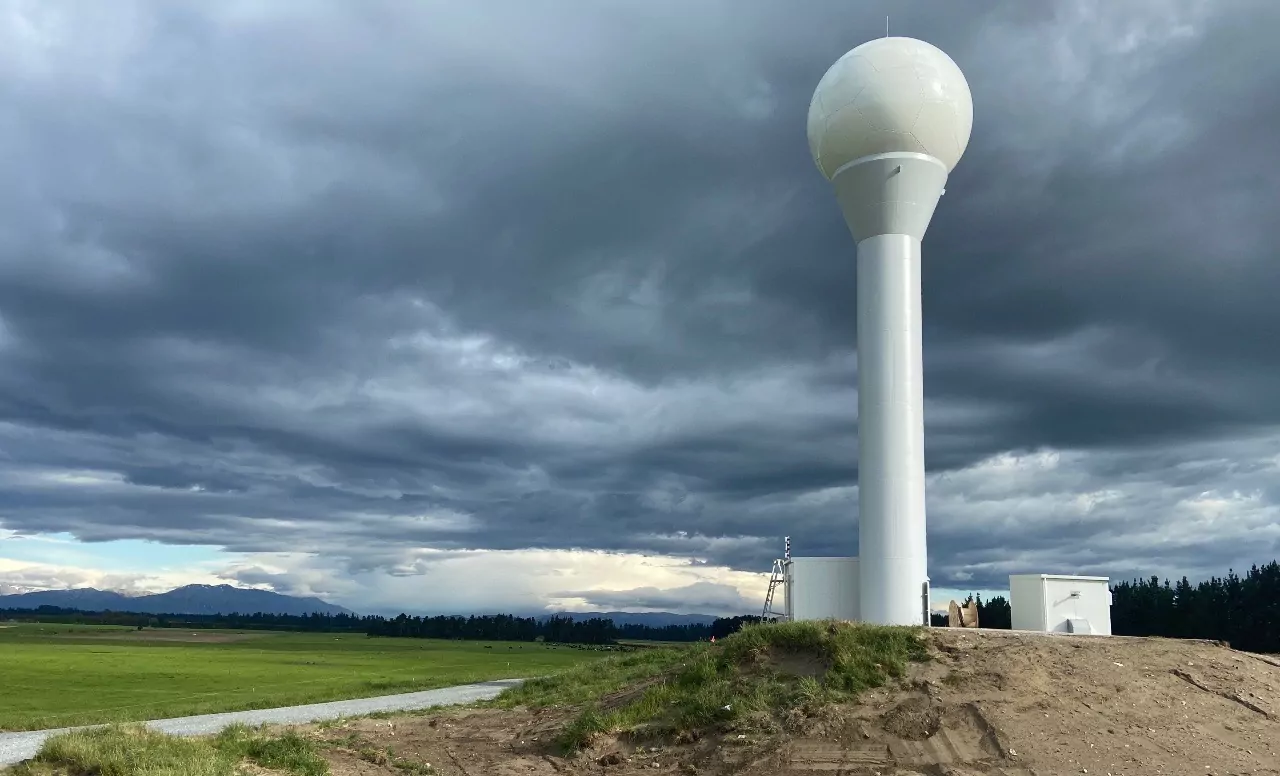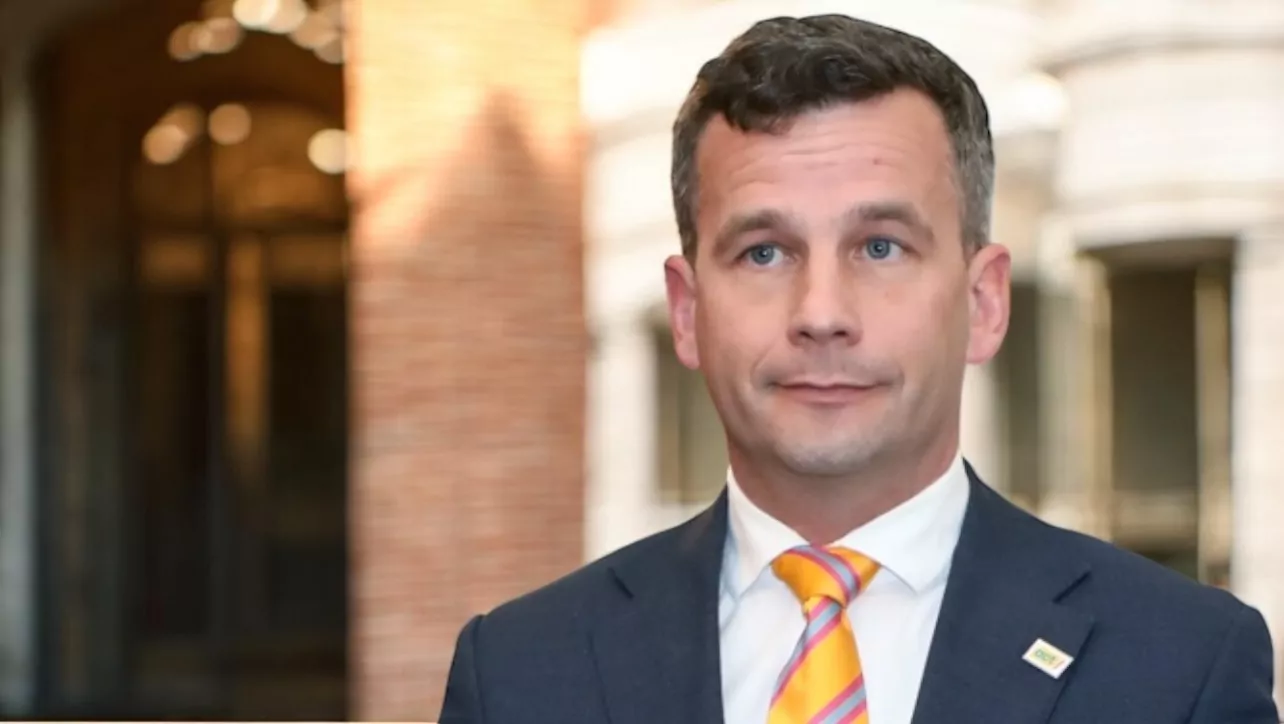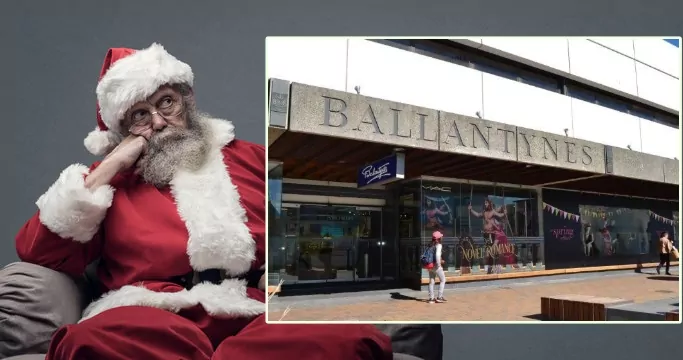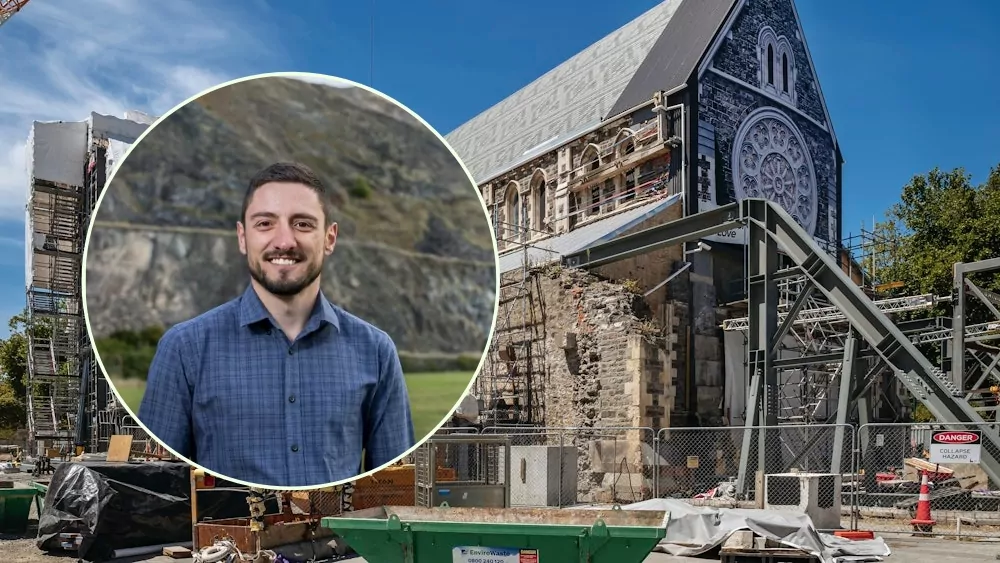Leaked text messages from senior management sent to nurses, begging for staff, have revealed the true extent of the nursing crisis at Christchurch Public Hospital.
A nurse at the hospital said nurses were at breaking point and they encouraged her to send screenshots to Chris Lynch Media, to show the public just how under-resourced the hospital really was.
In one message, it reads, “we are at 115 percent occupancy, every ward is working short-staffed.”
Another message begs nurses to pick up extra shifts.
“It’s horrific inside the hospital at the moment,” the nurse said, who Chris Lynch Media has agreed not to name.
“The amount of pressure we are working under is unbelievable. I’m not sure what it says in my contract about doing something like this, but at this point, we are so desperate. The hospital is a very scary place at the moment.”
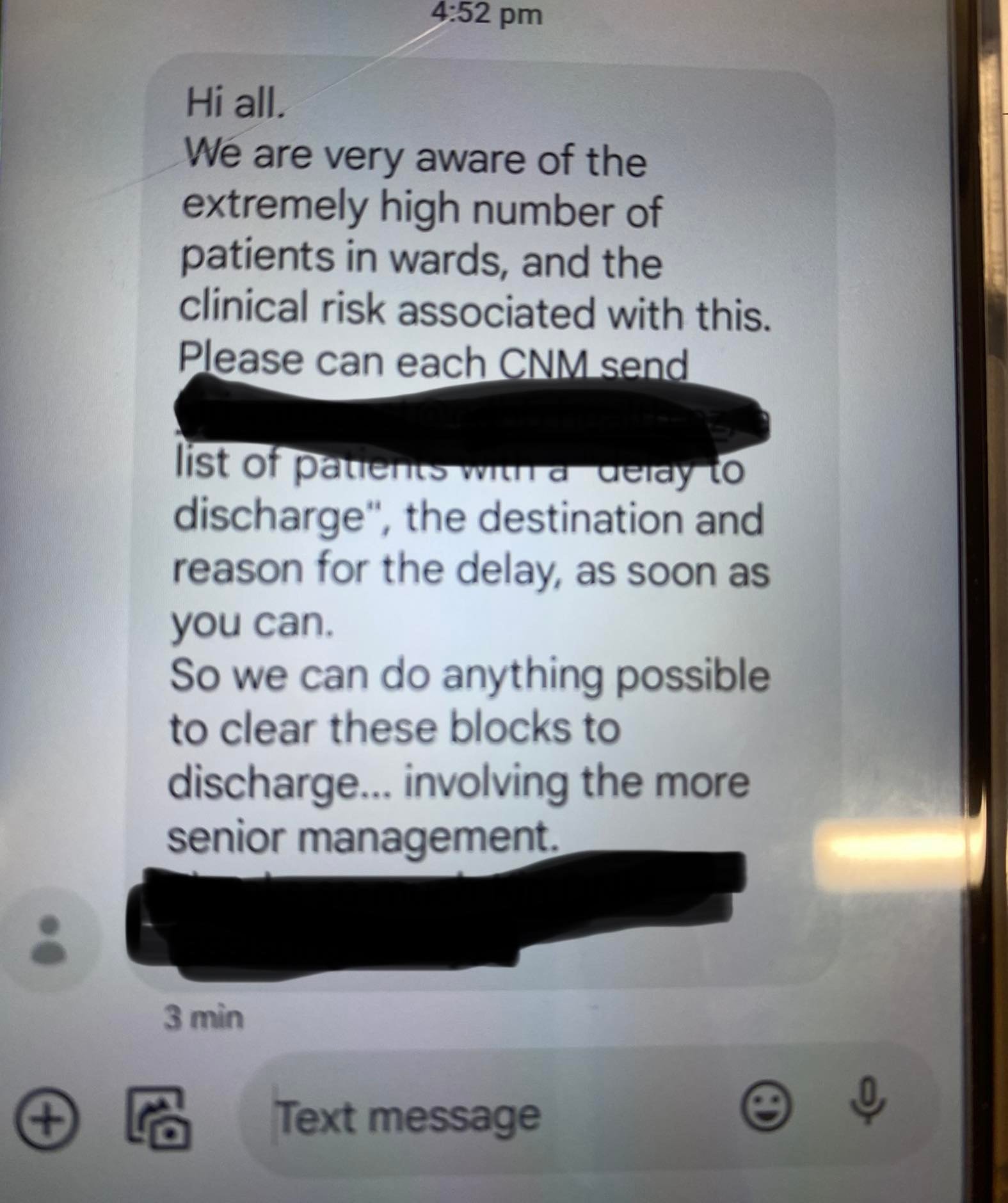
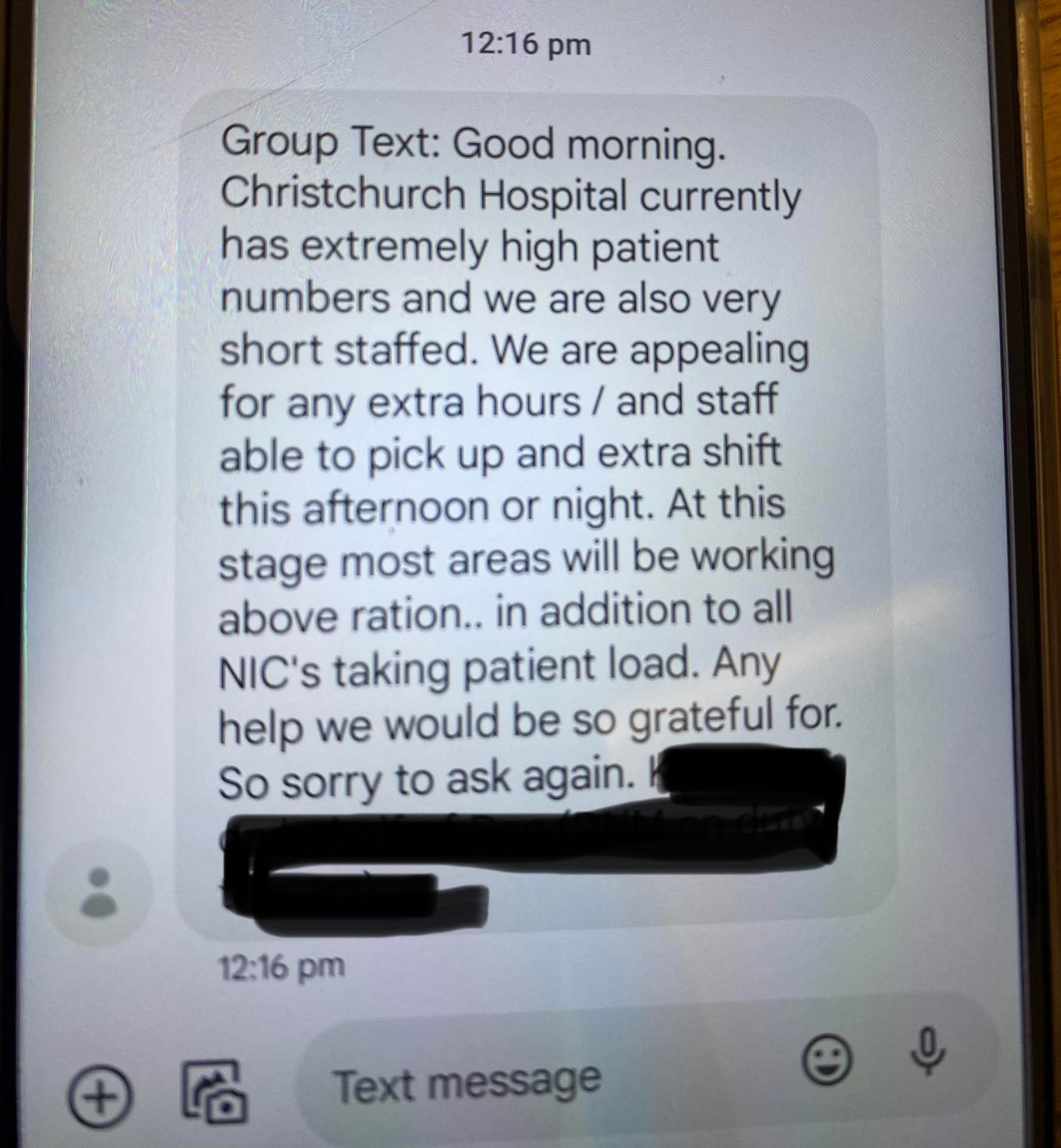
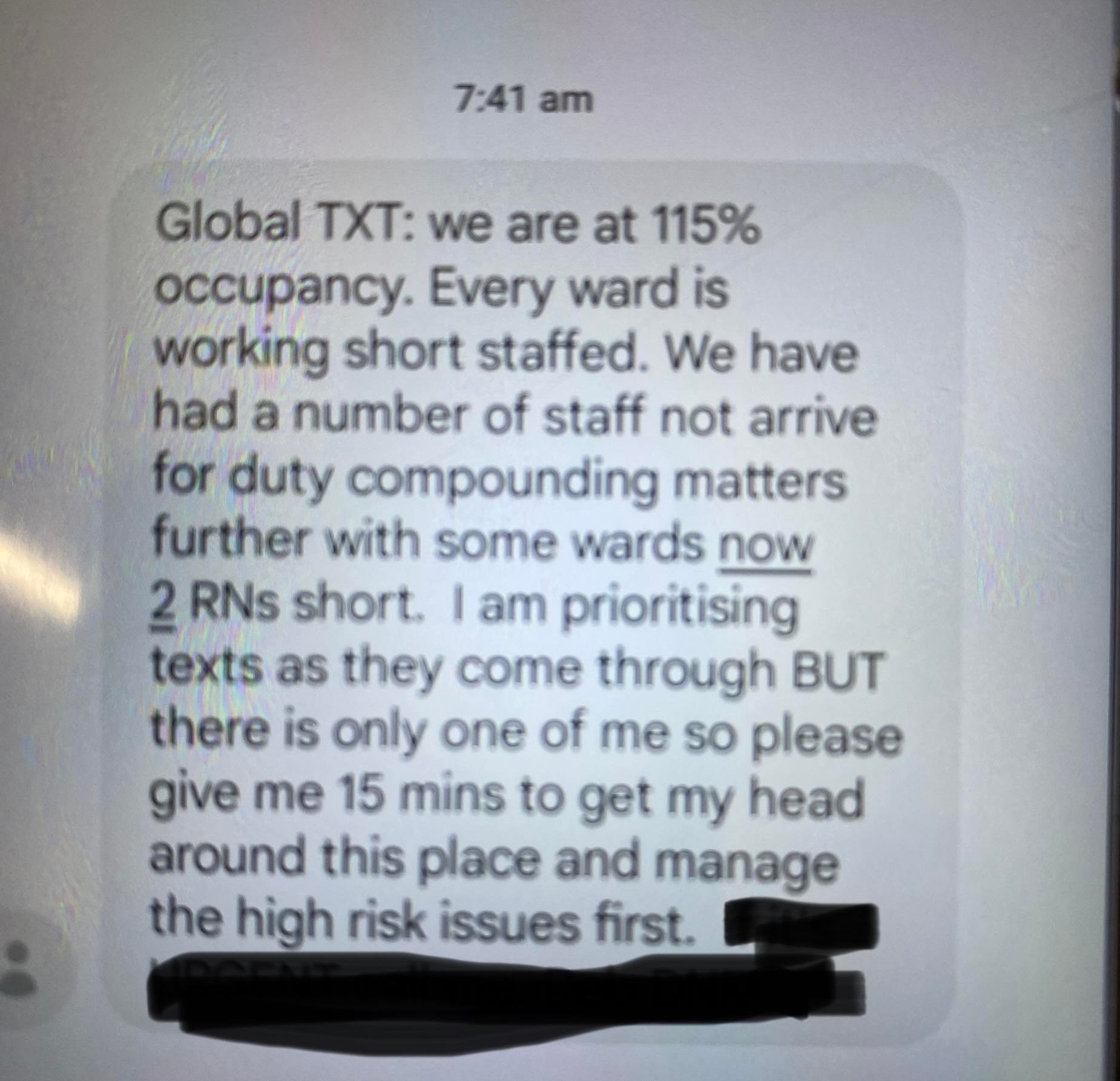
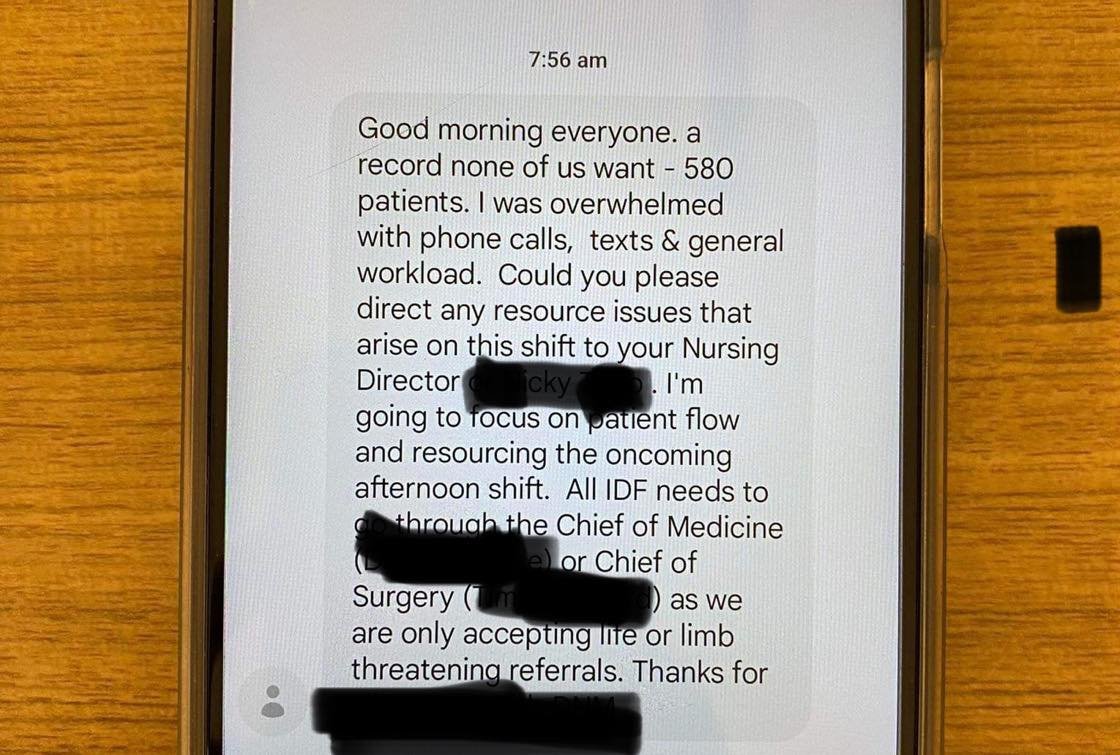
The nurse said “we are working way over capacity, with the bare minimum staff, areas are getting staff taken to cover other areas that seem more unsafe, leaving those areas barely able to get through a shift. We are getting sent to wards where we have absolutely no experience in and are expected to keep people alive.
For example, a nurse on my unit was sent overnight to a busy surgical ward. She had 10 patients to look after, She was working with a new graduate nurse and one other, so 3 nurses for 32 complicated and unwell patients. It’s basically like sending a plumber to do an electrician’s job and hoping that they don’t make a mistake and someone dies.”
The nurse said “it’s honestly terrifying. While being sent to other wards isn’t new, it’s just that at the moment there is no help if something goes wrong because everyone else on the shift is treading water just to get through as well.
Staff aren’t turning up to work because they are so over it, not getting breaks, no support, you feel like when you leave, you’ve done absolutely nothing good. Gone are the days when you can actually sit with someone who is dying, we don’t have time.”
The nurse said it wasn’t uncommon for patients to sit in pain for a long time because there wasn’t any staff to double-check pain medication.
“Our unit will work 90% of the time with just two registered nurses overnight.
You have to just grit your teeth and hope that no one becomes so unwell that they need both of you to help them, because all of the other patients would be left with no one to look after them.”
The Emergency Department was also having major issues the nurse said.
“Our colleague took her daughter there and waited for 6 hours, they were told to go there by their GP. Then when they were finally seen and had blood taken, the nurse told them they were wasting their time as there was no one available to check their results.”
The problem was made worse by ambulances being called for minor things.
”I just feel that since covid / lockdown / cost of living rising, people have become acopic, everything is heightened and the ability to be rational and calm has gone out the window.
Meanwhile, in a press release issued on Saturday, National’s Immigration spokesperson Erica Stanford said “despite crippling worker shortages causing our entire health system to buckle, Labour still won’t put nurses on the fast track to residency.
New Zealand is short of 4,000 nurses.
As a result, hospitals are overflowing, waiting times in emergency departments have exploded, and patients are missing out on urgent care which could save their lives.”
Stanford said, “Instead of granting migrant nurses immediate residence to make us competitive internationally, Labour refuses to make any changes to a policy that is not working while New Zealanders suffer.
Countries that we are competing with for migrants like Australia offer nurses immediate residence. Why would migrants choose New Zealand and the uncertainty of a two-year wait before they can even apply?
“The justification for not putting nurses on the fast track simply makes no sense, with documents revealing that the entire policy relied on flawed advice on the possibility of migrant nurses going to Australia after gaining residence.”
